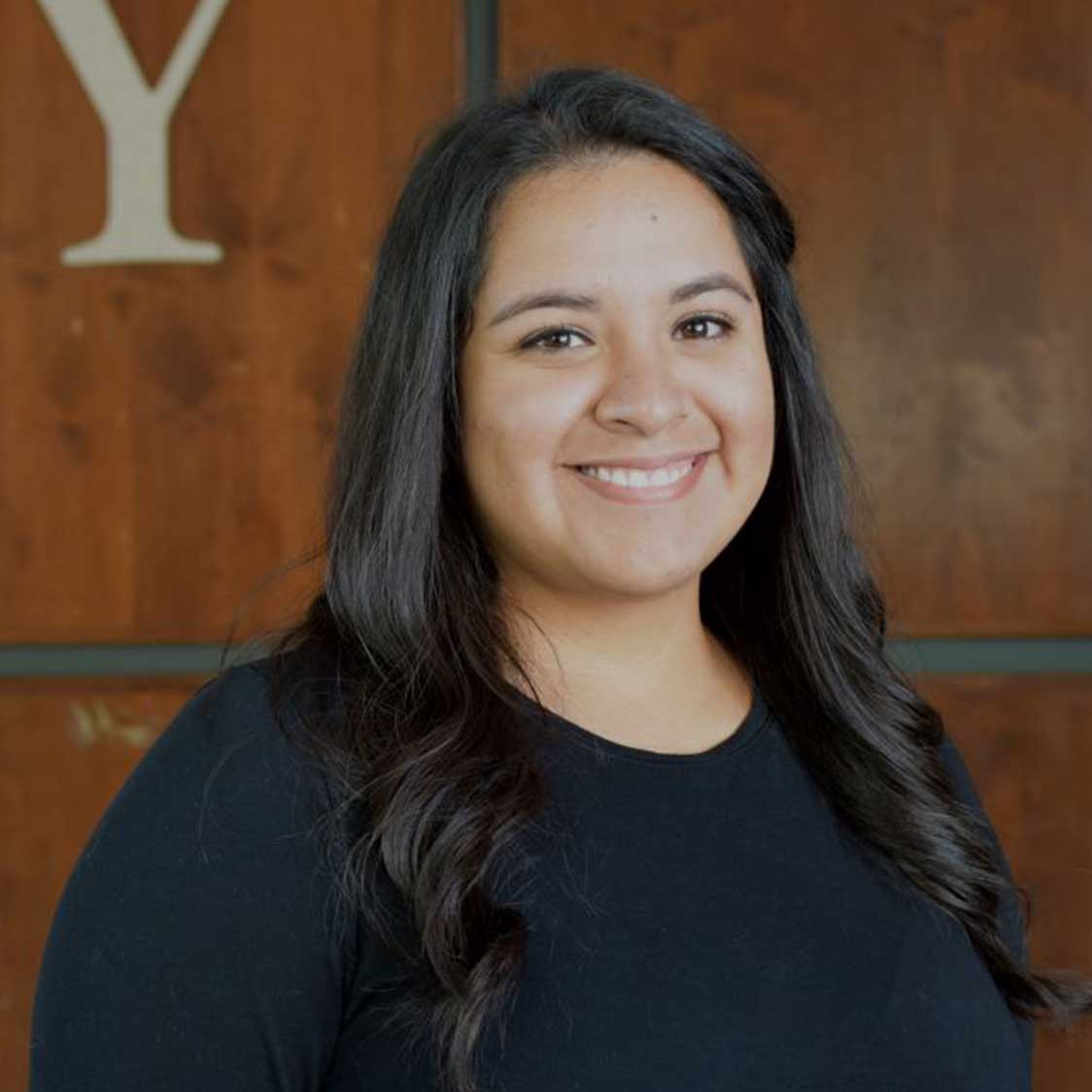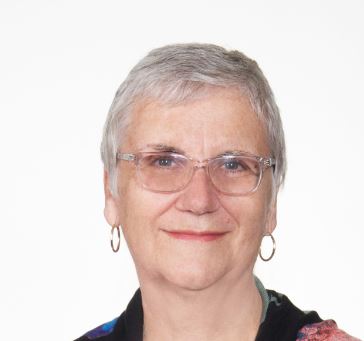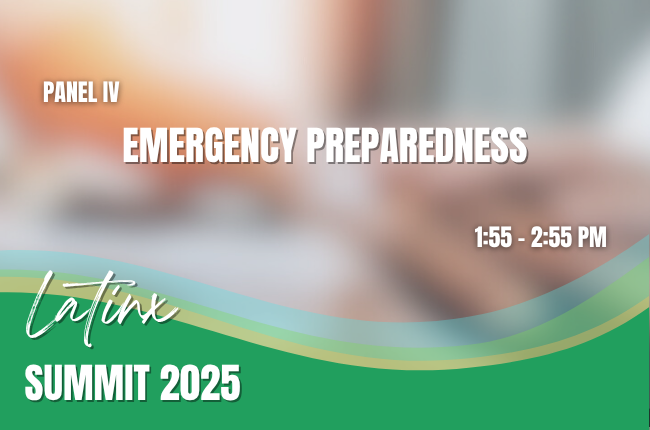Session 4
Emergencies take many forms — from natural disasters such as floods, hurricanes, and heat waves to infectious disease outbreaks, social crises, and long-term recovery challenges. Latino communities are often disproportionately impacted by these events, facing barriers such as limited access to health care, language and cultural challenges, and inequitable recovery systems.
This panel will highlight the many facets of emergency preparedness and response. Panelists will share perspectives on mosquito surveillance and vector-borne disease monitoring, immunizations and vaccine-preventable disease, infectious disease preparedness, and natural disaster recovery. The discussion will also explore the mental health consequences that follow emergencies and the importance of cross-sector collaboration. Participants will gain insights into practical approaches to strengthen surveillance, prevention, preparedness, and recovery — and how to apply culturally and linguistically responsive strategies to protect and support Latino communities in times of crisis.
Learning Objectives
By the end of this session, participants will be able to:
- Describe different types of emergencies (natural disasters, social crises, infectious disease outbreaks) and their impact on Latino communities.
- Explain the role of surveillance (e.g., mosquito/vector monitoring) in infectious disease preparedness.
- Recognize the importance of vaccines and immunizations in preventing infectious disease outbreaks.
- Discuss the mental health effects of emergencies and strategies to support community resilience.
- Identify strategies for preparedness, response, and recovery that integrate cultural and linguistic competence.
- Apply at least one cross-sector approach to strengthen preparedness and response in their own community.
Moderator

Charles F. Mild, MD, FACC, FSCAI
Research Investigator
Headlands Research – Brownsville
Dr. Charles F. Mild is a board-certified cardiologist and experienced clinical research investigator specializing in cardiovascular medicine and metabolic health. With over three decades of medical experience, Dr. Mild has served as Chief of Cardiology and Acting Medical Director of the Catheterization Lab at Valley Diagnostic Medical and Surgical Clinic and currently practices with the Gomez Cardiovascular Group.
He has contributed to numerous Phase I–III clinical trials focused on cardiovascular disease, hypertension, dyslipidemia, obesity, diabetes, and vaccine development. Dr. Mild earned his Doctor of Medicine from the University of Illinois School of Medicine and completed his internal medicine residency at the University of Texas School of Medicine, followed by a cardiology fellowship at the University of New Mexico.
A Fellow of both the American College of Cardiology (ACC) and the Society for Cardiac Catheterization and Interventions (SCAI), and a past president of the American Heart Association’s Cameron-Willacy Chapter, Dr. Mild continues to advance patient care through clinical research and leadership in cardiovascular innovation.
Panelists

Yaziri Gonzalez, MS
Medical Entomologist & Vector Control Supervisor
City of Brownsville
Yaziri Gonzalez is a Medical Entomologist and Vector Control Supervisor with the City of Brownsville, where she leads mosquito surveillance and integrated vector management initiatives along the Gulf Coast of Texas. She established the first city-operated RT-PCR laboratory in the Rio Grande Valley, enhancing regional capacity for rapid mosquito-borne pathogen testing. Gonzalez coordinates surveillance, resistance testing, and public education to reduce disease risk. She holds degrees in Entomology from Texas A&M University and the University of Kentucky and is an active member of TMCA, AMCA, and NACCHO. Guided by innovation and equity, she advances science-driven public health solutions for South Texas.

Aaron Salinas, FNP-C, PMHNP-BC
Assistant Professor,
UTRGV School of Nursing
Nurse Practitioner,
UTHealth RGV & Community Clinics
Dr. Aaron Salinas is an Assistant Professor at the University of Texas Rio Grande Valley (UTRGV) in Edinburg, Texas. With ten years of experience in academia, Dr. Salinas plays a key role in shaping the next generation of nurses through his leadership and commitment to nursing education.
In addition to his academic role, Dr. Salinas is a practicing Nurse Practitioner, holding dual board certifications as a Family Nurse Practitioner (FNP) and a Psychiatric Mental Health Nurse Practitioner (PMHNP). He is an active member of the UT Health Rio Grande Valley team, where he provides patient care at the University Health Center. He also collaborates in consultation with a local psychiatrist and pediatrician, extending his clinical expertise across multiple disciplines in the Rio Grande Valley.
Dr. Salinas is deeply involved in professional service and leadership, participating in numerous nursing and healthcare organizations at the local, state, and national levels. He currently serves on the boards of several of these organizations, contributing his experience and insight to advance the field of nursing and healthcare delivery.

Elaine M. Hernandez, PhD, MPH, MEd
International Development Consultant & M.E.A.L. Specialist
District Governor (2025–2026),
Rotary District 5930
Elaine has worked in the field of emergency preparedness and response, with experience in facilitating the development of the Metropolitan Medical Response System as Director of Border Health with the Lower Rio Grande Valley Development Council 2004-2005, managing international public health projects with the American Red Cross (Tuberculosis) 2005-2008, the Canadian Red Cross Maternal and Child Health Program in Honduras (2008-2012) and assisting the Honduran Red Cross in developing an emergency technical health unit post hurricanes ETA and IOTA (2021-2022). She also assisted in establishing a system of emergency feeding for Internally Displaced Persons in Ukraine, involving shelters, mobile kitchens, and feeding stations through a network of churches in 2023.
Resources
- Cameron County Public Health. Healthy Aging and Community Resources. Available at: https://www.cameroncounty.us/publichealth
- Compassion & Choices. End-of-Life Planning Resources. Available at: https://compassionandchoices.org
- Centers for Disease Control and Prevention (CDC). Healthy Brain Initiative Road Map. Available at: https://www.cdc.gov/aging/healthybrain
- World Health Organization (WHO). (2021). Global status report on the public health response to dementia. Available at: https://www.who.int/publications/i/item/9789240033249
- National Institute on Aging (NIA). Alzheimer’s and Related Dementias Resources. Available at: https://www.nia.nih.gov/health/alzheimers
- Alzheimer’s Association. 2024 Alzheimer’s Disease Facts and Figures. Alzheimer’s & Dementia, 20(3), 611–773. https://doi.org/10.1002/alz.13711
- Vega, W. A., et al. (2021). Aging and Latino health: Social and cultural determinants. Journal of Aging & Social Policy, 33(1), 44–61. https://doi.org/10.1080/08959420.2020.1762720
- Pinquart, M., & Sörensen, S. (2022). Differences between caregivers and noncaregivers in psychological and physical health: A meta-analysis. The Gerontologist, 62(1), e1–e15. https://doi.org/10.1093/geront/gnab123
